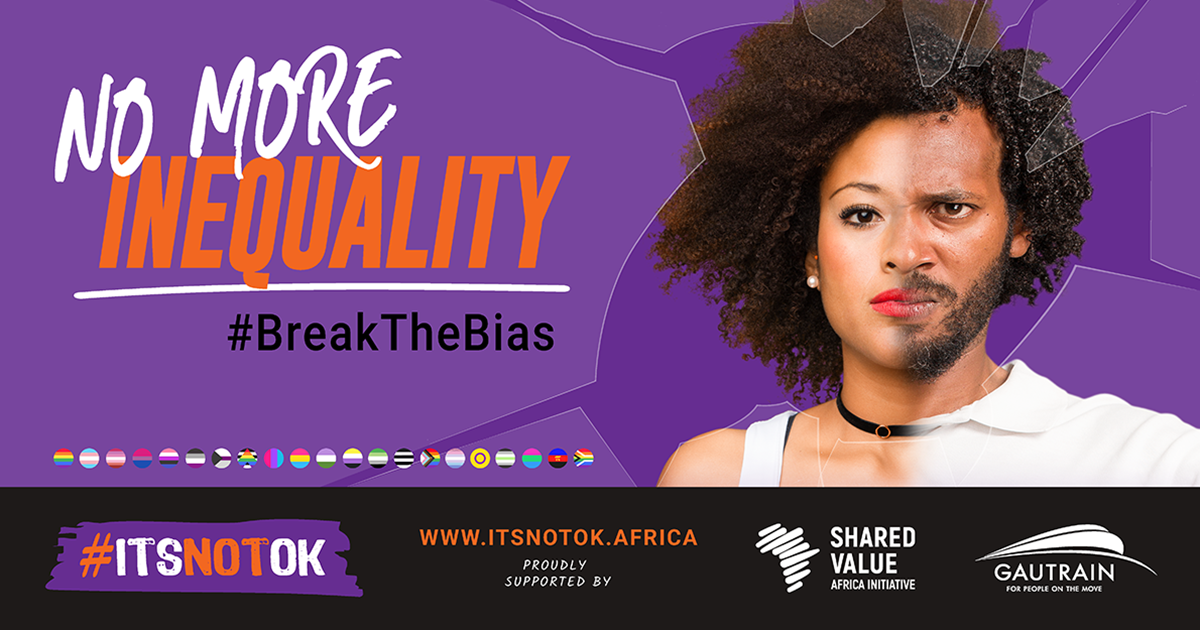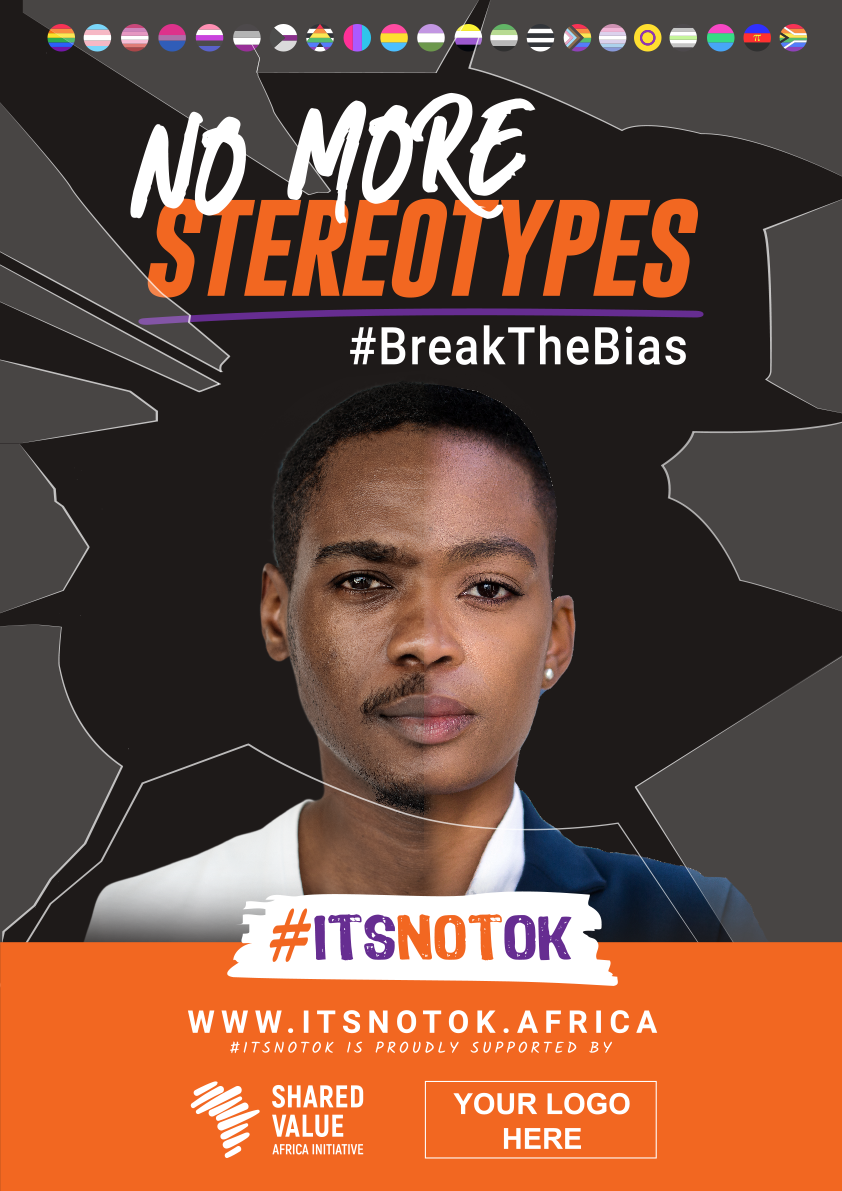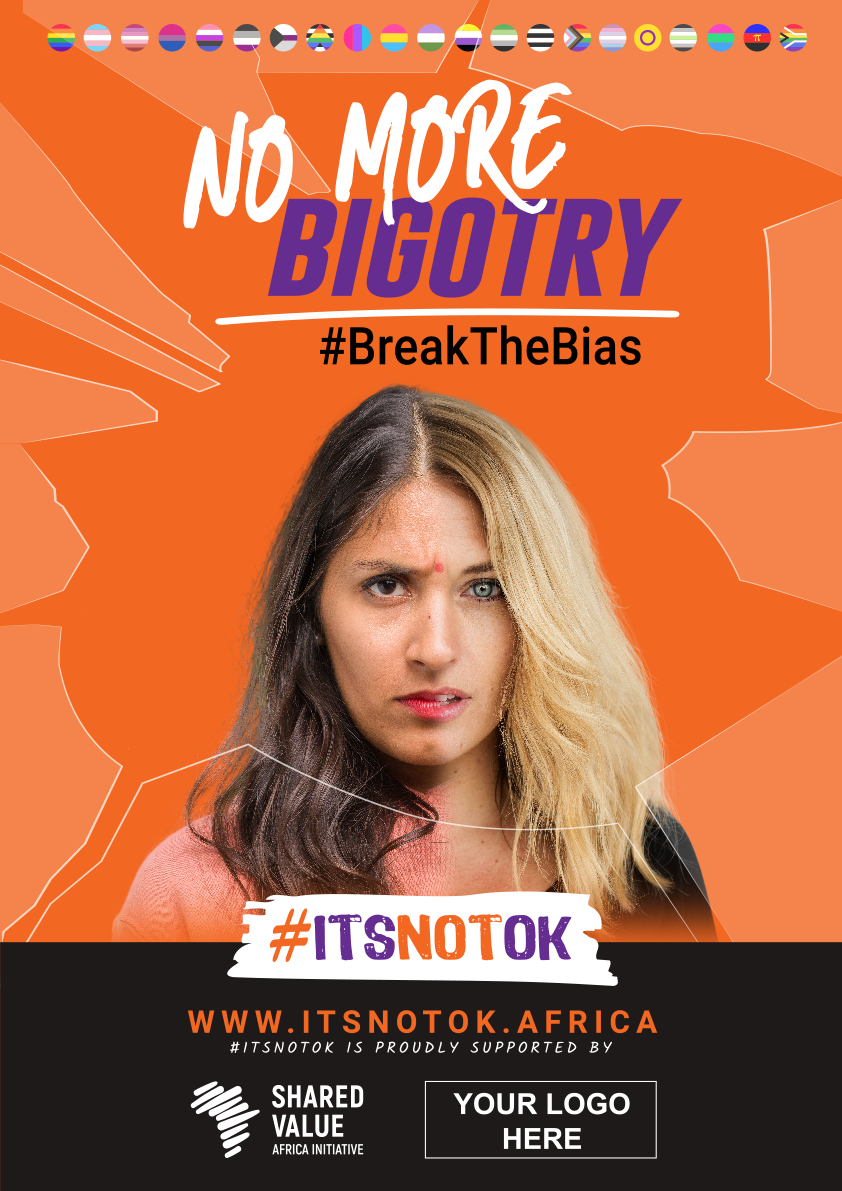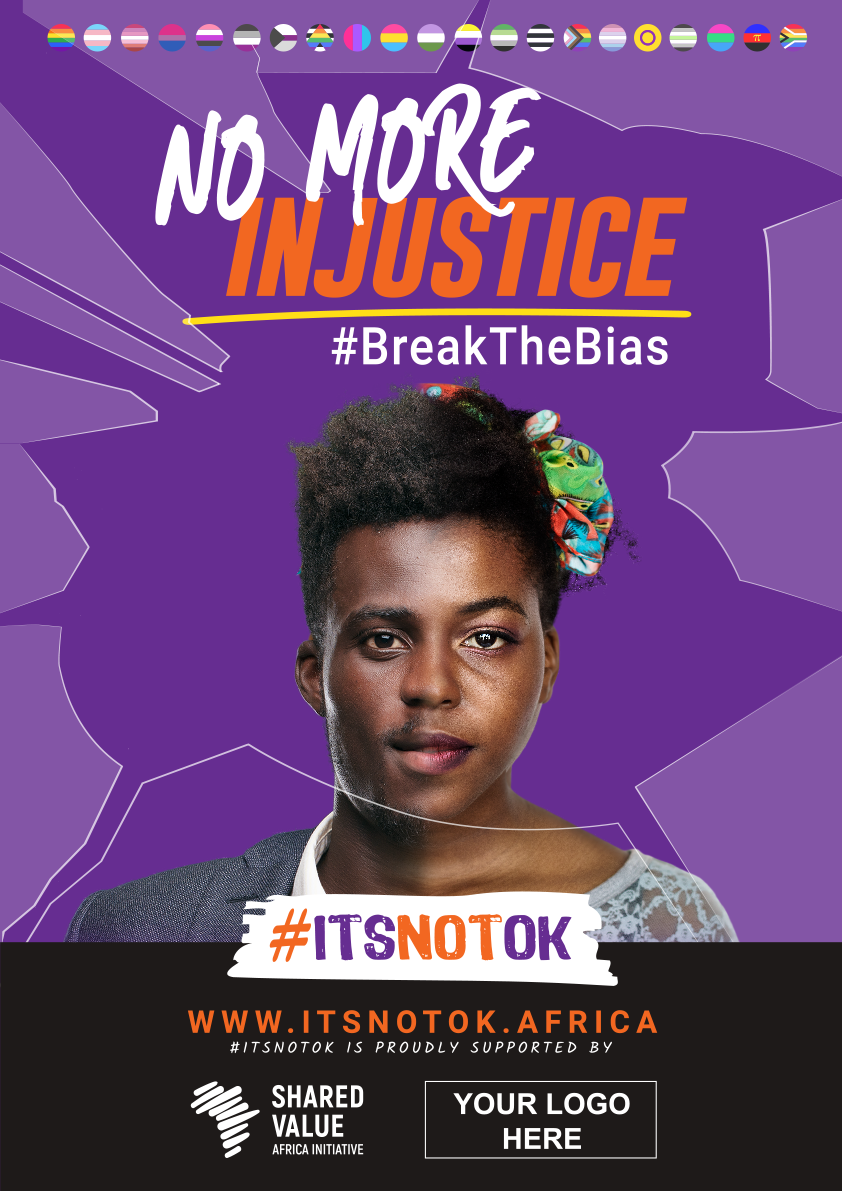Post #BreakTheBias Day… Now We Work
By Akinyi Osanjo, Social Impact Researcher
LinkedIn: Akinyi OSANJO
In taking stock of this year’s International Women’s Day theme, #BreaktheBias, the messaging and intentions are meant to set precedence to the end of discrimination and gender stereotyping. In all sectors, more so; education, formal and informal employment. Beyond the Twitter hashtags, Instagram filters curated annually for 8th March, the issues for the debate remain: What actionable steps are needed to reduce the pay gap? Do governments, especially African care to end period poverty?

Shared value forms part of collective impact that can be achieved through equal rights across all genders, without paternalised ‘firewalls’ dictating how much pay womxn receive, the value of their bodies, levels of education they can attain and access to resources, such as the internet. In reference to the Sustainable Development Goals, gender equality, reduced inequalities and the creation of sustainable communities and cities are rights to be exercised by all humans.
The late scholar, author, professor and feminist scholar bell hooks reminds us that “Patriarchy is a political-social system that insists that males are inherently dominating, superior to everything and everyone deemed weak, especially females, and endowed with the right to dominate and rule over the weak and to maintain that dominance through various forms of psychological terrorism and violence.”
As a means to counter this system, feminist economies need to be established to focus on efficient mechanisms for creating a gender-equal society that caters for unpaid domestic work. Unpaid work is profoundly carried out by womxn. The approach, of course intersectional, recognises that relationships influence how our economies function and the economy depends not just on the production of goods and services but on care and cooperation. The Women’s Budget Group emphasizes that our economy should seek to reduce inequalities for everyone – men and women. Furthermore, care should be given to paid and unpaid labour.
To emphasize, intersectionality needs to be applied to the feminist economy, the collective value of all, especially women on the basis of race, class and disability, is to be representative. In Africa, building an economic policy demands the reimagination of feminist futures for economic justice. The African Women’s Development Fund (AWDF), proposes the Gender Responsive Budgeting (GRB), a more radical women’s rights budget approach that works for everyone and ensures a gender-equitable distribution of resources. The result is equal pay for equal work and ending period poverty.
#BreaktheBias remains on the shelf of campaigns for performativity if no affirmative action is pursued. The idea of diversity and inclusion of all genders as a Constitutional prerequisite in government is a soft paternalistic manoeuvre that sees power remain with the patriarchal guard. Consequently, womxn remaining under-paid and paying more taxes for hygiene products.
For International Women’s Day, I believe a radical feminist approach is necessary to silence the noise and get straight into policymaking and collective action for change for all womxn globally.
In the final instance we need to embrace a shared value system that will help to break biases, foster a better understanding and empower people with solutions that can work towards building a more equal society.
Visit www.itsnotok.africa for FREE marketing collateral.
This is your opportunity, as a purpose-driven organisation, to lend your voice to the fight against inequality, injustice, prejudice and any form of gender-based violence or discrimination. Together we can #BreakTheBias 365 days of the year.







